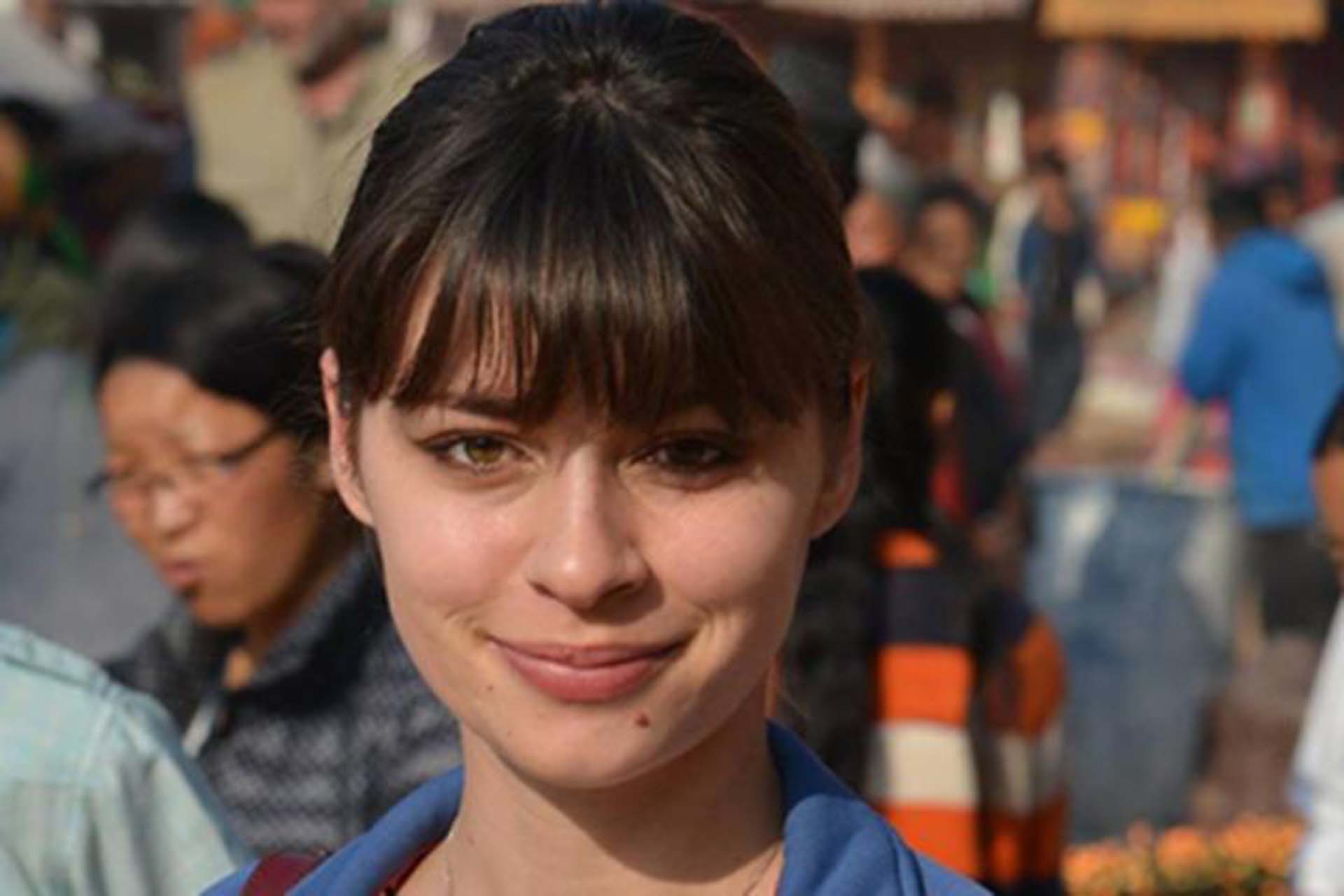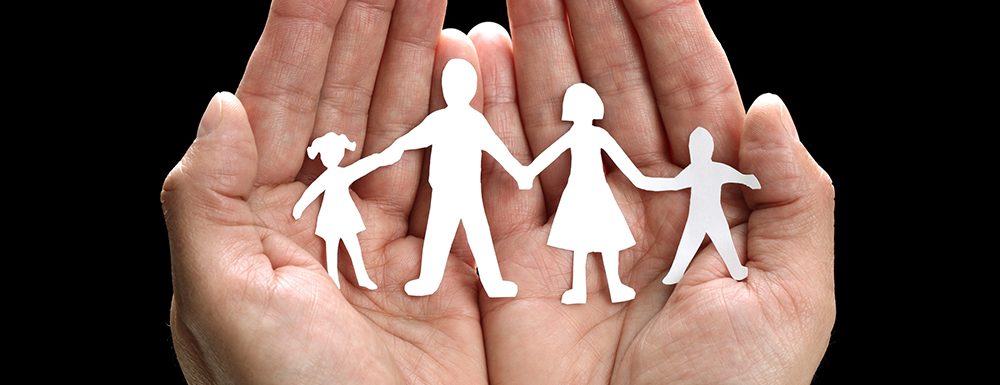
“Goals that work for women and girls are goals that work for the world” – This is true for climate change also.
When I found out about Women for Change I was delighted to find a community of inspiring women from all backgrounds who believed in making the world a better place, together.
The first breakfast I attended last week was on Climate Change and Women. This is an important theme in my life at the moment and a core global issue that needs to be addressed as a matter of urgency, or at least should be.
It was lovely to turn up and realise that we would all be sitting around one big table, talking about the topic at hand as well as sharing experiences and stories. It was such a refreshing change from other events where the audience is separated from the speakers. This felt real and honest and raw.
I came to the breakfast wanting to meet other women and to learn more about climate change and how we as women can help. I left learning about the harsh realities of climate change and how it’s an urgent problem that needs urgent action and innovative solutions.
Three big learnings that really stuck with me from the breakfast were:
- We have 7 years to make BIG changes before our temperatures rise by at least 2 degrees and our world really starts to change, and not in a positive way.
- The effects of climate change are going to make migration problems even worse.
- Changing mindsets is not something that can be done quickly, but we can find methods to help speed it along and knock down barriers while we’re at it – particularly by making women part of the decision making process at each level, from what type of energy we need in our homes to peace building. As Janani Vivekananda from International Alert said, it is only by facilitating dialogue in all these areas that we can make real change.
During the event, I was furiously jotting notes because I had started to really understand the issues and challenges I’d personally witnessed both in developed and developing countries, particularly in places such as India and Nepal where I have worked and traveled extensively over the years.
Before this event, I wasn’t sure how much climate change and gender equality were linked but the more I heard the more the dots connected.
An interesting point made by Virginie Le Masson from ODI, was how climate change is making the already existing challenges worse, especially in countries with existing large scale socioeconomic issues.
Climate change has a greater impact on those that are most reliant on natural resources to live, but also those who aren’t able to respond efficiently to natural disasters such as earthquakes, droughts and landslides; which are expected to become more severe as the world heats up. Women are often the ones at greater risks in these situations because they constitute the majority of the world’s poor and are often the last to leave the home when disaster strikes, as they are usually looking after children and the elderly.
Around the world, women and girls are the most likely to be responsible for gathering water and fuel for their families. If climate change makes certain water and wood sources more unreliable, they will have to walk farther every day, increasing their vulnerability and limiting the time they have to perform other tasks, like earning money, learning new skills, or simply resting.
In Nepal in the cold winter months of December, I witnessed women and girls, some very young getting up at sunrise and lighting the fire in their tiny shelters – which would smoke the whole room – ready for them to make breakfast for their fathers, husbands, brothers. Most of these women had gone in search for the wood to make these fires and would stay by the fire for the rest of the day.
Open fires cause about 4 million deaths a year from smoke inhalation – most of them women and children. In addition to this, because communities rely on firewood, trees are being cut down, and often, illegally. That’s why projects such as the ones carried out by WWF and Good Energy, both speaking at this event, are so important. Juliet Davenport of Good Energy explained that they are not only teaching women how to make smoke free stoves, but they are also running workshops on how to use them in the most safe and sustainable ways by using fallen branches rather than cutting trees down.
Saying that, it’s not all bad! There are certain improvements and things are starting to change. Women are making their voices heard, especially with matters of the home. In fact in Nepal more women are now attending village council meetings to get their needs addressed – this is an amazing change for the better!
There were so many important points made that helped me look at the work I do with a new and improved perspective. One that I will use to tackle any challenges and look to find solutions in the future with both my social business iamadventures and my personal life.
4 actions I will be taking today:
- Looking at ways to reduce my carbon footprint and switching to Green Energy.
- Find ways of supporting and empowering more women and girls to become decision makers, and help them be heard.
- Being more aware and talking about the effects of Climate Change openly and responsibly.
- Challenging all male panels more often.
Thank you Women for Change for an insightful and inspiring breakfast. Who knew one could have such epiphanies in such a short time and so early in the day too?
Natalia Komis / @nataliakomis
Adventure maiden, artist & creative activator. Always using adventure and creativity for positive social change. Natalia works with individuals & startups to uncover their true with a deeper, more creative & intuitive approach to fulfilling their dreams & illuminating their spirit. Founder of iamadventures.com she takes women on creative walking adventures around the world to help grow their human potential and be inspired.


